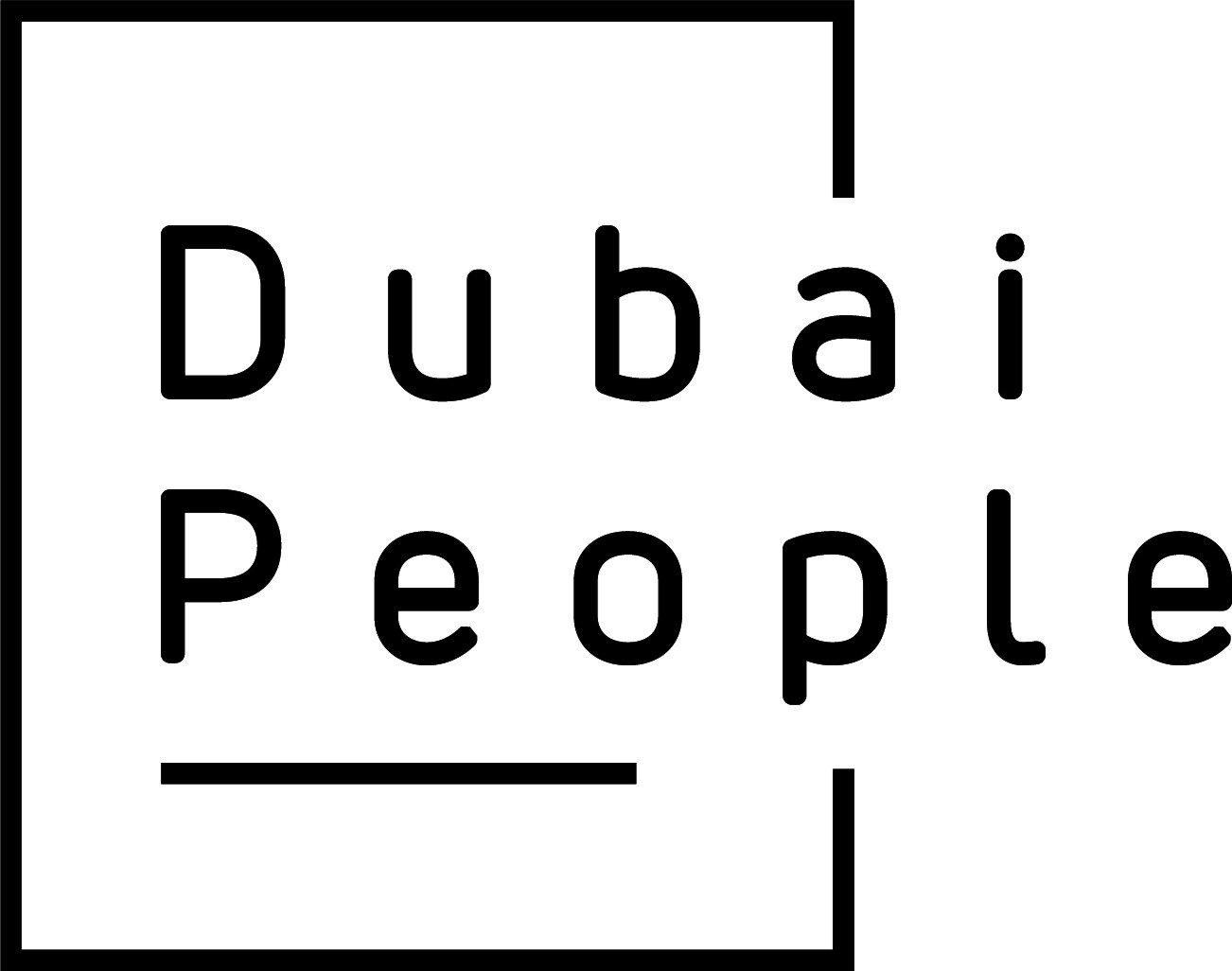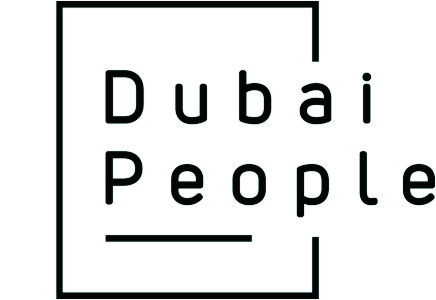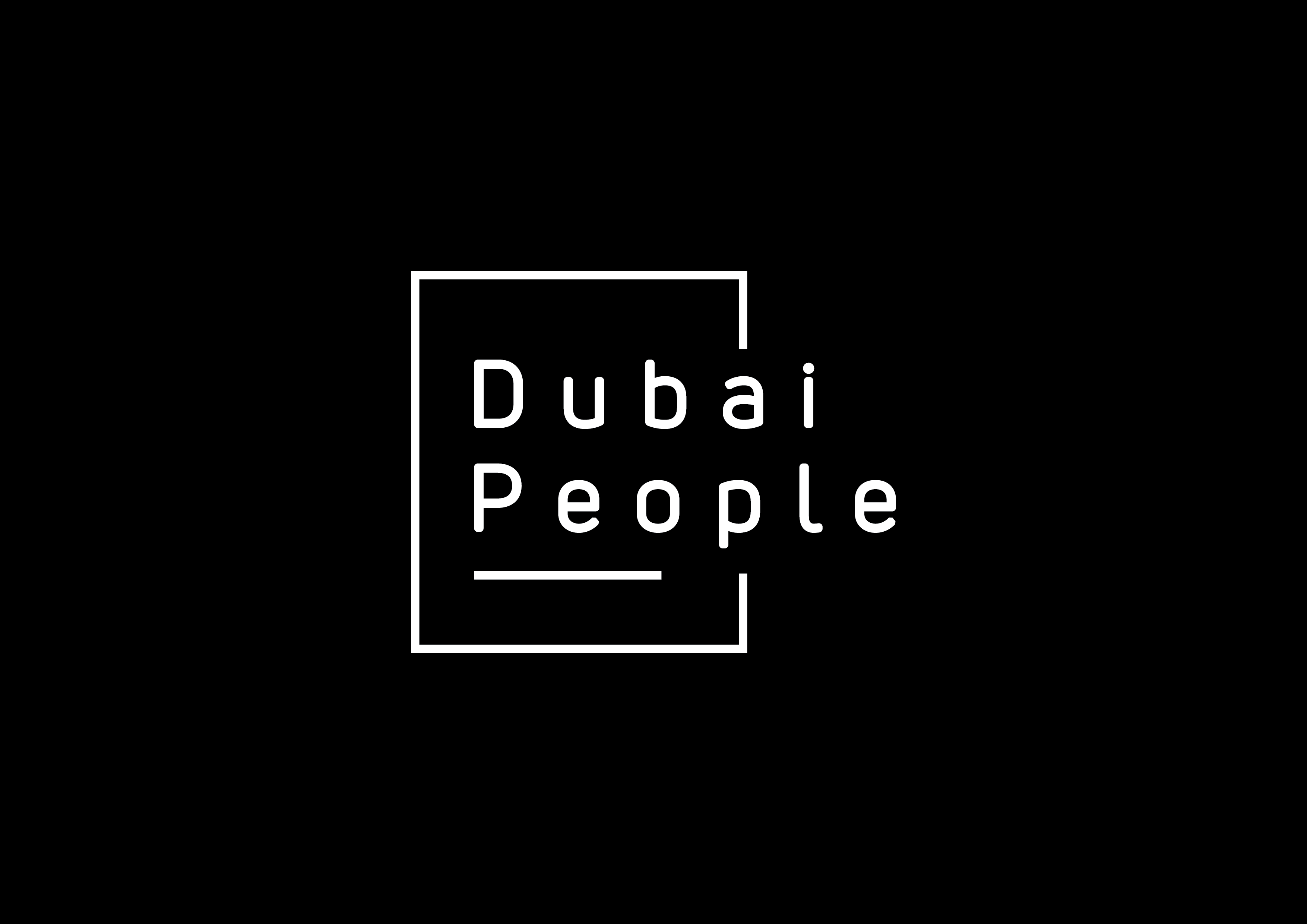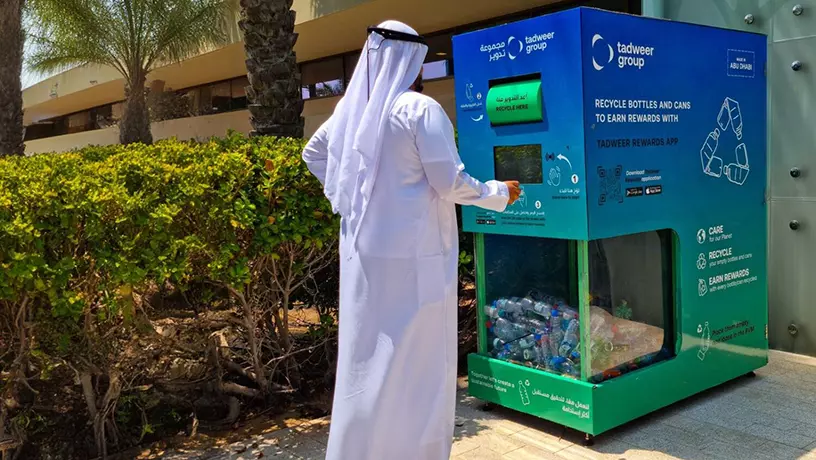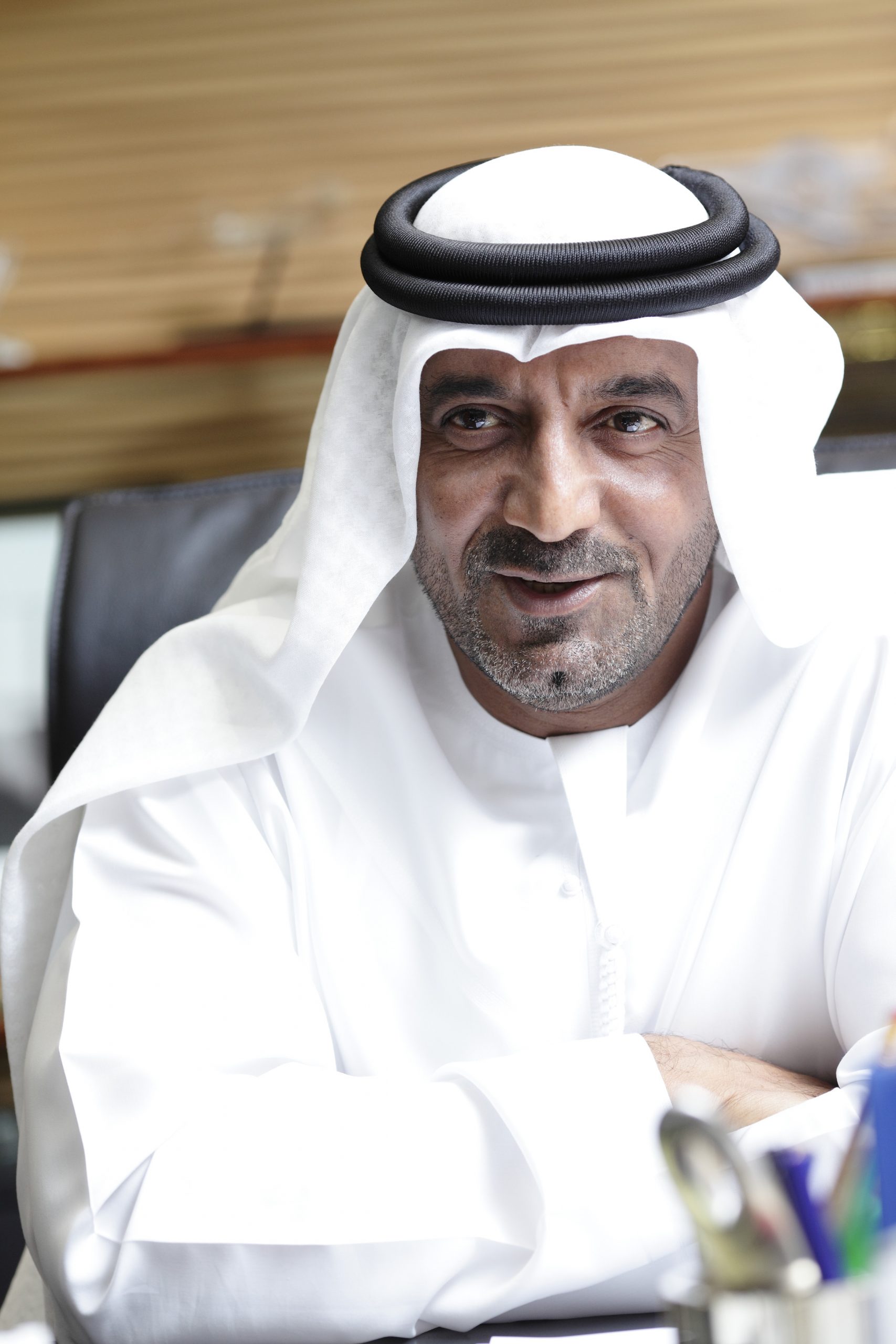
Dubai Free Zones Council holds 20th meeting
The Dubai Free Zones Council (DFZ Council) held its 20th meeting under the leadership of His Highness Sheikh Ahmed Bin Saeed Al Maktoum, Chairman of the DFZ Council. During the meeting, His Highness Sheikh Ahmed said that Dubai Free Zones, as it continues to develop its services during the current decade in line with the demands of new economic opportunities, is on track to increase its contribution to Dubai’s GDP to Dh250 billion by 2030.
His Highness Sheikh Ahmed Bin Saeed Al Maktoum stressed the importance of facilitating the journey for investors and its crucial role in strengthening Dubai and the UAE’s position as a preferred investment destination. He highlighted the pioneering role of Dubai’s free zones, in various sectors and specialisations, in strengthening a diversified integrative economy and laying the foundations for a flexible economy that ensures sustainability, accelerates growth and turns challenges into opportunities.
His Highness praised the valuable opportunities offered by Invest in Dubai platform, launched in line with the directives of His Highness Sheikh Mohammed bin Rashid Al Maktoum, Vice President and Prime Minister of the UAE and Ruler of Dubai, as an entry point to Dubai’s free zones and a gateway to the local market. It offers a full range of services that facilitate business start-ups and accelerate the establishment of promising start-ups, reinforcing Dubai’s status as a capital of valuable economic and investment opportunities.
His Highness Sheikh Ahmed Bin Saeed Al Maktoum stressed that Dubai’s free zone model has proven effective in developing existing economic sectors and creating new specialised and dynamic economic sectors such as green economy, circular economy, knowledge-based economy in areas such as advanced technology, manufacturing and logistics services.
His Highness noted that the Dubai Urban Master Plan 2040 provides a framework for developing the free zone experience and taking it to new heights, enabling it to play a more significant role in Dubai’s socio-economic development. The comprehensive roadmap also raises Dubai’s ranking in the key global indices of competitiveness, innovation and ease of doing business, which will enable a significant leap in the UAE’s development over the next 50 years.
The DFZ Board has explored the new phase of the Invest in Dubai platform, which adds 80 new services, including e-connectivity through a single portal available to start-ups, investors and international companies wishing to establish regional headquarters and branches in Dubai, as well as services for tax registration, business plan development, feasibility assessment and more.
The new services are a valuable addition, harnessing the power of the digital economy, the fourth industrial revolution and artificial intelligence, to deliver business-as-a-service systems, including accounting management, operations and production management, cloud computing and virtual intelligent service centres.
During the meeting, DFZ board members called for a comprehensive study in collaboration with Digital Dubai to assess the economic impact of their contribution. The study will provide accurate data and information that will enable existing and new investors to make informed decisions that support the valuable contribution of Dubai Free Zones to the economy of the emirate and the UAE as a whole.
The DFZ Council was briefed on the work of the Energy Committee, whose training programmes, awareness workshops and field visits to various free zones meet international standards and global best practices to achieve energy demand management goals, achieve sustainability, use water and electricity wisely and efficiently, restore green buildings, introduce energy efficient lighting solutions, all of which will support sustainable economic growth and contribute to achieving
Council members discussed the feasibility of achieving the Dubai Demand Side Management Strategy 2030, launched by the Dubai High Energy Council, to reduce electricity and water demand by 30% by 2030. This will strengthen Dubai’s position as a global model for efficient energy and water demand management and achieve a strategy for smart sustainable cities and communities of the future.
During the meeting, the DFZ Council explored opportunities for companies to move between free zones and requirements. Council members recommended simplification of procedures and called for a structure to unify the fee structure.
The #Dubai Free Zones Council (@Dubai_DFZC) held its 20th meeting, headed by @HHAhmedBinSaeed, Chairman of the DFZ Council. https://t.co/GMYeZe3wjM pic.twitter.com/b56WrXfK72
— Dubai Media Office (@DXBMediaOffice) April 27, 2022
Follow our Telegram Chanel


